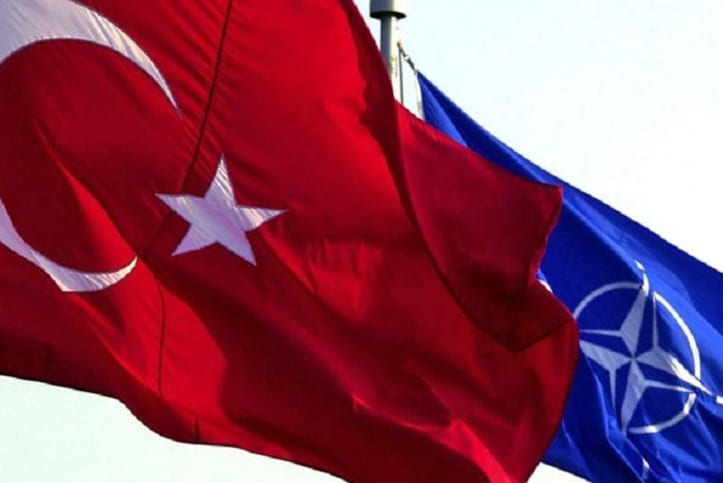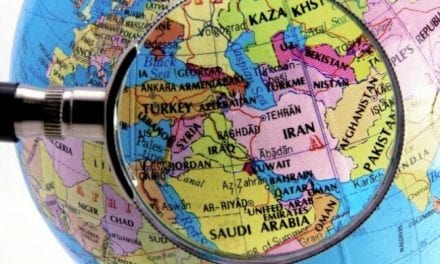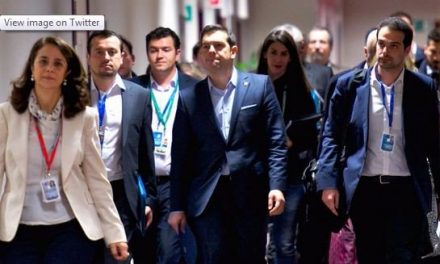By ÜNAL ÇEVİKÖZ, Hurriyet Daily News
Turkish media outlets have lately been questioning Turkey’s NATO membership, following a scandalous NATO training exercise.
The drill, which took place from Nov. 8 to Nov. 17 in NATO’s Joint Warfare Center in Norway, sparked controversy when images of Turkey’s founding leader, Mustafa Kemal Atatürk, and President Recep Tayyip Erdoğan were depicted as enemies of the alliance, prompting Ankara to withdraw its troops.
This is the first time such an incident has happened in the history of the Alliance. NATO Secretary General Jens Stoltenberg and the Norwegian authorities immediately apologized to Turkey and launched an investigation. The two officials involved in the incident have been dismissed from their positions.
Questioning Turkey’s relationship with European and Euro-Atlantic institutions, however, was already a regular fixture in Turkey’s foreign policy discussions. Considering the current strain between Turkey and the EU, discussions on “Turkey’s relationship with NATO” will not improve Turkey’s already depreciated image in the world’s public opinion.
One should bear in mind that Turkey and NATO do not have “relations.” Rather, they belong together. Turkey has been a member of the alliance since 1952, enjoys every right as a member and performs every responsibility that membership entails. Notions of “primus inter pares” do not exist among NATO members, and such an impression in Turkish public opinion is false.
The decision-making process is based on consensus, and every individual member possesses an equal vote. Disagreement is expressed through vetos. In the past, there have been cases when Turkey has used the right to veto to prevent decisions and policies that appeared to counter its national interests. It would thus be self-defeating to discuss withdrawal from an organization of collective defense that enhances national security with the invaluable concept of “one for all and all for one,” the often quoted article V of the Washington Treaty that provides for mutual aid and support.
Recently Turkey has been coordinating with Russia and Iran in order to find a solution to the civil war in Syria. Beginning with the Astana process, this coordination seeks to bring the Syrian government and the Syrian opposition to the negotiating table in Geneva.
The trilateral talks include frequent meetings between the leaders of Russia, Iran and Turkey. President Erdoğan has met Iranian President Hassan Rouhani a few times since the beginning of 2017. Similarly, Erdoğan and Russian President Vladimir Putin have met seven times this year.
One should not get carried away with the impressions these meetings create. Both Russia and Iran know that Turkey is a NATO member hoping to accede to the EU. These elements of Turkey’s foreign policy make Ankara an important regional actor and a prominent interlocutor in their eyes.
Those who develop alternative facts, and suggest leaving NATO would not harm Turkey’s national security, fail to fully comprehend Turkey’s role and “raison d’être” within the alliance. Turkey’s Western vocation was a choice made at the very foundation of the Republic. Universal values of democratic rights and freedoms, commitment to democracy and the rule of law are the main reasons why Turkey made such a choice. Departure from NATO would also mean a departure from those values.
A much more valuable debate would focus on how Turkey, NATO and Russia could enhance the architecture of European security, especially by means of the efficiently designed but in practice disabled NATO-Russia Council.



















